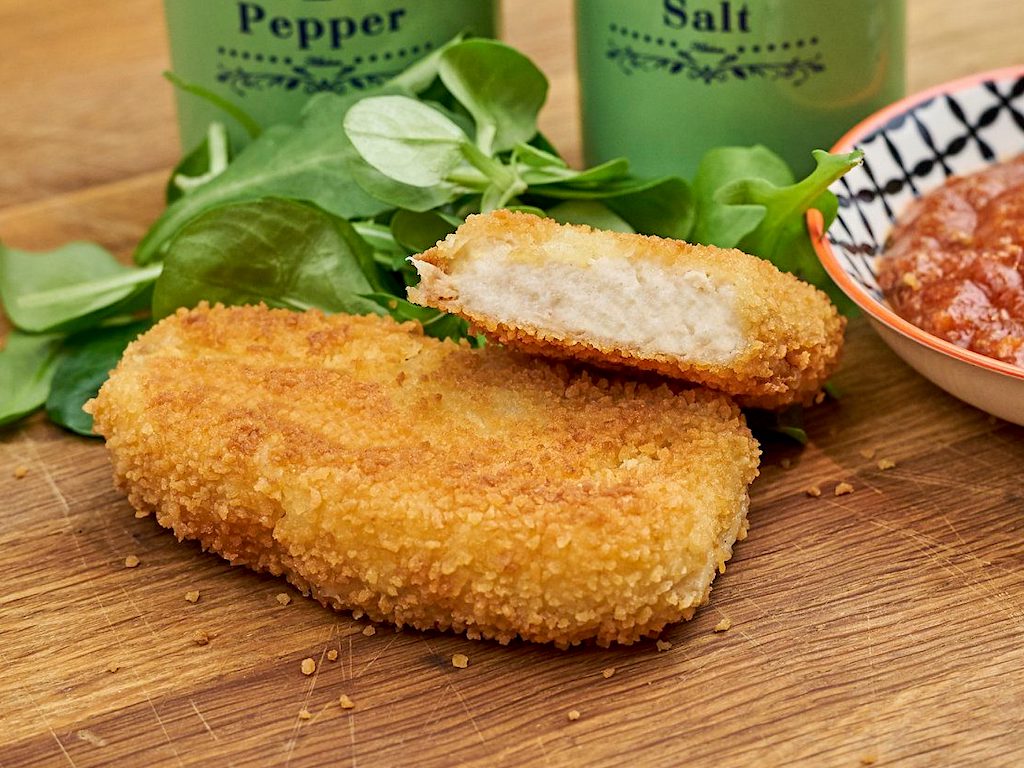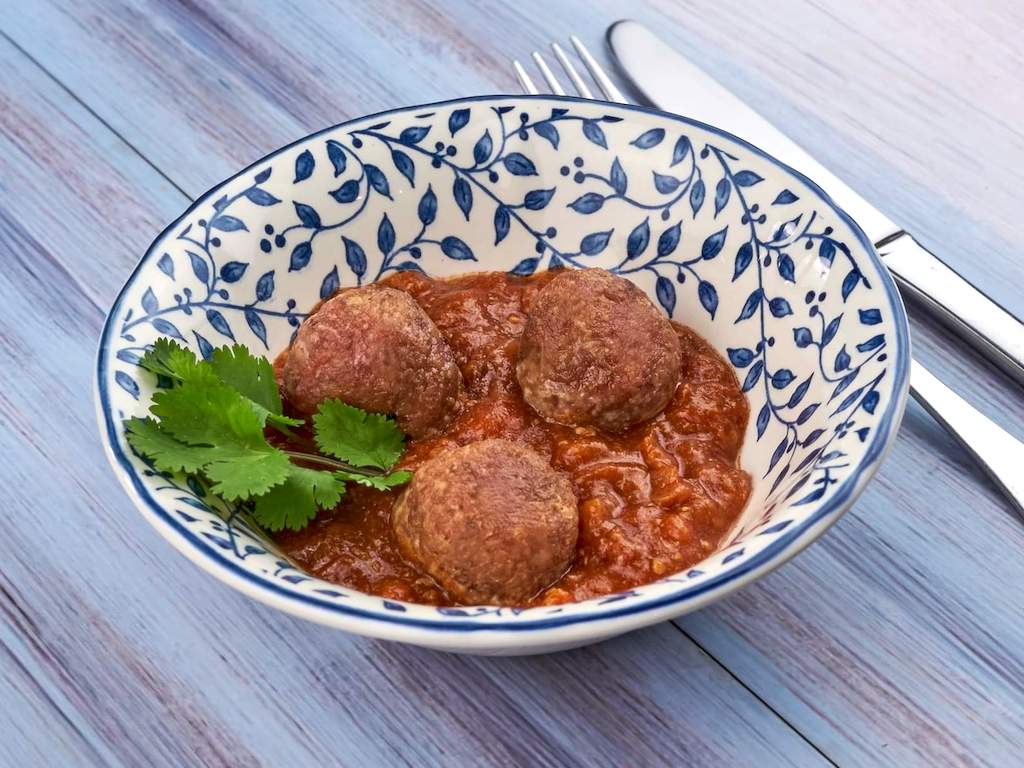3 Mins Read
The world’s largest meat company JBS is diving into the cell-based meat space with a $100M investment to acquire Spain’s BioTech Foods and construct a new R&D centre.
JBS, the world’s biggest meat processor, is now pivoting its business towards alternative proteins with its first foray into the cell-based meat space. It has announced plans to acquire BioTech Foods, the Spanish startup behind cell-cultured Ethicameat, as well as build a new R&D site dedicated to cultivated protein in Brazil.

$100M cell-based meat investment
The investments into both projects total $100 million, with $41 million going towards expanding BioTech Foods’ upcoming commercial production facility in San Sebastian, which will be operational by 2024.
BioTech is one of Spain’s best-known players in the cell-based meat space, chosen to lead the country’s government-backed CulturedMeat consortium to develop cultivated meat products with a number of other research institutions.
Under the agreement to purchase BioTech, JBS will gain a majority stake in the firm, and will tap into the startup’s technology and cultivated protein production capabilities. The startup will benefit from leveraging JBS’ enormous manufacturing capacity and distribution network to fast-track its roadmap to market.
Cultivated burgers, steaks, sausages
Sharing more about the firm’s entry into the cell-based protein sector, JBS global CEO Gilberto Tomazoni said it is part of “addressing the growing global demand for food”.

“Combining technological know-how with our production capacity, we will be in a position to accelerate the development of the cultivated protein market,” the CEO said, adding that JBS plans to roll out a wide range of consumer-facing cell-based meat products, from burgers to steaks, sausages and meatballs, pending regulatory developments.
Currently, Singapore remains the only country to have approved the commercial sale of Eat Just’s cultured chicken.
After tackling beef, JBS also wants to churn out cultivated chicken, pork and fish. “We are expanding our global platform to address the new trends in consumption and the growth of the global population,” commented Tomazoni.
Part of its portfolio expansion will be aided by its new Brazil-based R&D site dedicated to cell-based meat. Slated to open in 2022, the 10,000-square-metre plant will house a team of 25 researchers, with two of the country’s bioengineering specialists, Dr. Luismar Marques Porto and Dr. Fernanda Vieira Berti, at the helm.
“The acquisition of BioTech Foods and the new research center put JBS in a unique position to push ahead in the cultivated protein sector,” said the JBS chief.

Big food embraces alt-protein
While the first move into the cell-based meat sector, JBS has previously made moves to diversify its protein portfolio with plant-based meat. Earlier this year, the firm acquired Dutch vegan meat brand Vivera in a $410 million deal.
Many other major food companies are now tapping into alt-proteins in response to consumer demand, with one report suggesting as many as 30%, including players like Nestlé and Unilever, are actively investing in vegan, fermentation and cell-based products.
JBS is certainly not the first food giant to make a bet on cell-based meat, with three of Switzerland’s largest industry players, Givaudan, Bühler and Migros, recently teaming up to build a new R&D site and factory in Zurich to churn out new cultivated products.
Lead image courtesy of BioTech Foods.




